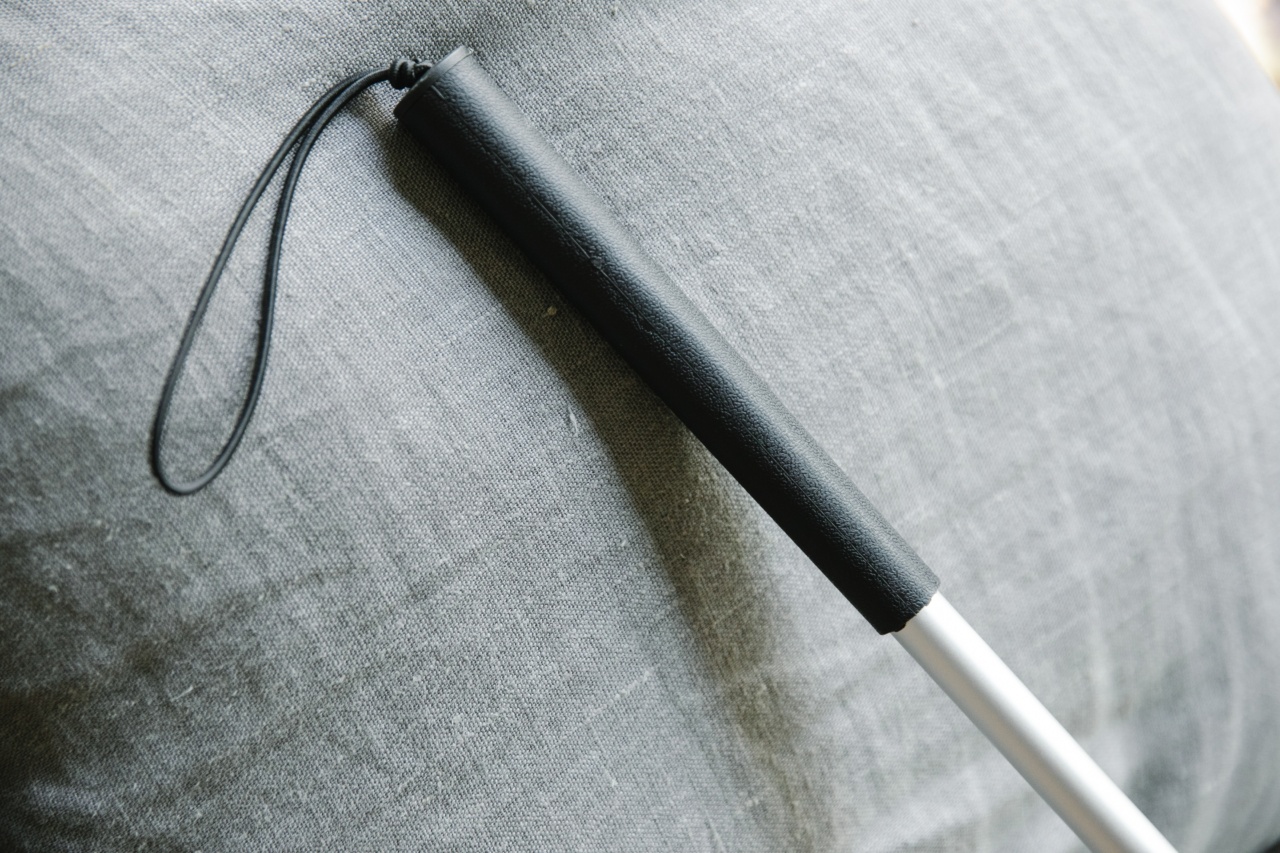As a parent, you always want to ensure that your infant is healthy and safe. One way to do this is by preventing allergies in your child. Allergies can be quite challenging for infants as they cannot communicate their discomfort.
Moreover, allergies can sometimes lead to severe infections in infants.
If you are a first-time parent or want to learn more about how to prevent allergies in your infant, this guide is for you. Read on to learn more.
1. Breastfeed Your Baby
Breastfeeding for the first six months of the infant’s life is essential for their health. Breastfed babies have better immunity and are much less likely to develop allergies later in life.
Breast milk contains antibodies that help to fight allergens, germs, and viruses that the infant may come across.
2. Stay Away from Allergenic Foods
When breastfeeding, it is essential to avoid allergenic foods like nuts, shellfish, fish, dairy products, and eggs. These foods can cause allergies in your infant, and even traces of these foods in breast milk can trigger an allergic response.
3. Introduce Solid Foods Carefully
When introducing solid foods to your child’s diet, do so one at a time, and in small quantities. Start with less allergenic foods like rice, vegetables, and fruits. Wait for three to four days before introducing another food.
If your infant has shown sensitivity to certain foods in the past, then you should avoid them.
4. Keep the Environment Clean
Cleanliness is critical when preventing allergies in infants. Regular vacuuming, washing bedding, and wiping surfaces regularly can prevent allergen buildup in the home.
If possible, use allergen-proof mattresses, pillows, and bedding, and maintain optimal humidity levels at home.
5. Limit Contact with Pets
Pets can trigger allergies in some infants. If you own a pet, you should limit contact between your pet and your infant. Be sure to clean your pet’s bed, litter box or cage regularly.
You may need to rehome your pet if your infant is showing signs of a pet allergy.
6. Avoid Exposure to Tobacco Smoke
Tobacco smoke can trigger allergic reactions in infants, so it is essential to keep your infant away from tobacco smoke. That includes smoking in the home, car, or exposure to secondhand smoke. Even thirdhand smoke can cause allergic reactions.
7. Get Vaccinated
Infants who are not vaccinated are more prone to infections. Vaccines can help to protect your child from viruses or bacteria that can lead to infections and allergies.
Make sure that your infant receives all the necessary vaccines according to your doctor’s recommendations.
8. Monitor Your Infant’s Health
Frequent visits to your child’s pediatrician can help to identify any allergies or infections that your child may be experiencing.
Seek medical attention as soon as you notice any signs of allergies, which may include rashes, runny nose, coughing, or sneezing.
9. Avoid Triggers of Allergies
You should try to identify and avoid triggers that cause allergies in your child. These may include pollen, dust mites, or food allergens.
It may not be possible to avoid all triggers, but minimizing exposure to them can significantly reduce the risk of developing allergies.
10. Educate Yourself
Lastly, educate yourself about allergies in infants and how to prevent them. Talk to your child’s doctor about any questions or concerns you may have about your child’s health.
Stay up to date with the latest information on infant health by reading reliable sources of information.
Conclusion
Preventing allergies in infants requires a multifaceted approach that involves breastfeeding, careful introduction of solid foods, maintaining cleanliness at home, limiting pet exposure, avoiding tobacco smoke, getting vaccinated, monitoring your infant’s health, avoiding triggers of allergies, and educating yourself about allergy prevention. By following the tips in this guide, you can help to protect your infant’s health and prevent allergies in the long term.





























